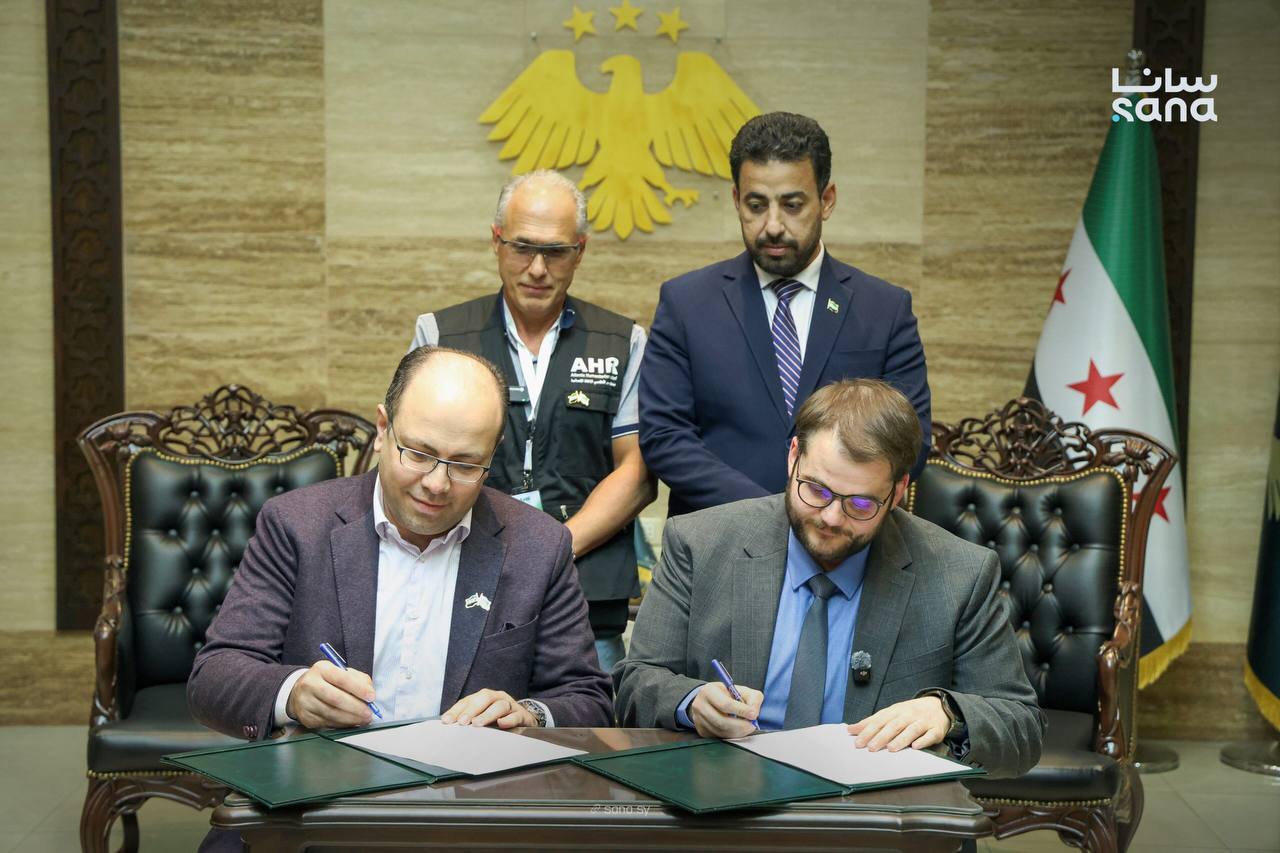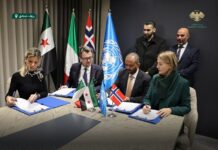 In a new milestone for Syria’s healthcare recovery, the Ministry of Health has signed an agreement with the Trans-Atlantic Humanitarian Relief (AHR) foundation to provide two cutting-edge medical imaging devices. The signing ceremony, held at the Ministry’s headquarters, marks an important step in the government’s ongoing effort to modernize healthcare infrastructure and expand access to advanced medical services.
In a new milestone for Syria’s healthcare recovery, the Ministry of Health has signed an agreement with the Trans-Atlantic Humanitarian Relief (AHR) foundation to provide two cutting-edge medical imaging devices. The signing ceremony, held at the Ministry’s headquarters, marks an important step in the government’s ongoing effort to modernize healthcare infrastructure and expand access to advanced medical services.
Strategic Choices Maximize Impact
Under the agreement, AHR will donate two Siemens computed tomography (CT) scanners, one for Mawasat Hospital in Damascus and another for Aisha Hospital in Al-Bukamal, Deir Ezzor. Health Minister Dr. Mousab al-Ali described the initiative as part of the broader “Restoring Hope” campaign, which aims to strengthen the healthcare system through partnerships with international humanitarian organizations.
AHR’s founder and chairman, Mr. Hammam Aqbiq, explained that the selection of hospitals was based on strategic medical and geographic considerations. Mawasat Hospital, one of Syria’s largest trauma and accident centers, was prioritized for its high patient volume and role in medical training. “This scanner will operate around the clock to serve both patients and the next generation of medical professionals,” Aqbiq said.
The second scanner will be installed at Aisha Hospital in Al-Bukamal, a critical healthcare facility serving roughly 300,000 residents. The installation will save patients the long, often difficult journey of more than 130 kilometers to Deir Ezzor city for diagnostic imaging. Aqbiq noted that construction of specialized rooms to house the equipment and the full installation process is expected to be completed within five months.
Strengthening Partnerships in Healthcare Development
The Ministry of Health confirmed that this partnership is part of a broader national strategy to attract international cooperation and humanitarian investment into Syria’s health sector. By improving diagnostic capabilities and expanding access to modern equipment, the initiative seeks to enhance both patient care and medical education.
This agreement is part of the Ministry’s model for fostering partnerships aimed at rebuilding the country’s medical infrastructure and restoring essential services. Through this agreement, Syria takes another step toward revitalizing its healthcare network, ensuring that even the most remote communities can benefit from modern medical technology and care.








